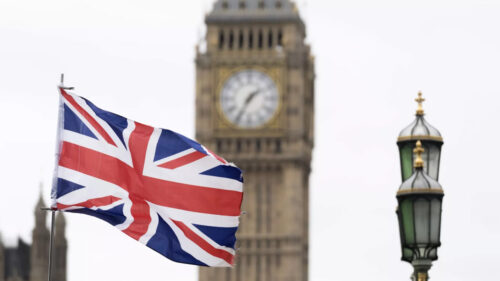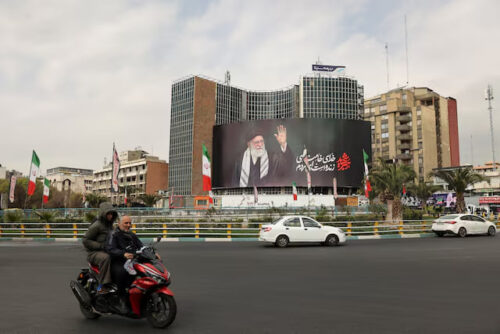
Political scientist: I do not rule out that Shoigu’s visit to Iran is related to the issue of Turkey-Syria reconciliation
Sergei Shoigu, the secretary of Russia’s Security Council, left Baku for the Islamic Republic of Iran about a month ago. Yesterday, he again arrived in Iran from Syria, where he met with Syrian President Bashar al-Assad. In a conversation with ABC media, political scientist Beniamin Poghosyan, a senior fellow at APRI Armenia analytical center, said what caused Shoigu to visit Iran twice in a short period of time.
“Now there are active discussions that they are trying to organize Turkey-Syria reconciliation, a meeting at the level of the presidents. Russia and Iran are actively engaged in this regard. Ultimately, since 2018, the Iran-Turkey-Russia format has been operating in the Syrian conflict, and I do not rule out that this is an issue of Turkey-Syria reconciliation. In any case, given the situation in the Middle East, it is taken into account that a large-scale war between Israel and Hezbollah is possible, perhaps the situation in the Middle East was discussed, taking into account the close relations between Iran and Hezbollah,” the expert said.
Poghosyan also does not rule out that Russian-Iranian relations were discussed.
“We know that the conclusion of a strategic agreement has been talked about for a long time; the text of the agreement is already worked out; there is even information that this paper should be signed within the framework of the BRICS summit in October 2024, but then the Russian president noted that there should be a separate visit, that is, something is wrong here as well. The agreement has not been concluded for a year now, which means that there is a problem,” the expert said.
The political scientist says that Russian-Iranian military relations and military-technical cooperation, which have been developing since February 2022, were discussed.
“Now Iran has a new president; maybe a need arose to discuss the bilateral military agreement,” Poghosyan said.
At the same time, talking about Patrick Prior, the head of the Europe/Eurasia Regional Center of the U.S. Defense Intelligence Agency, Richard Moore, the chief of the Secret Intelligence Service of the U.K., as well as Ibrahim Kalin, the director of the Turkish National Intelligence Organization, the expert said that there is nothing unusual.
“Discussions have been held since 2016–2017, and geopolitical rearrangements and upheavals have been taking place. To say that such visits are rare will not be true. After all, the British Foreign Intelligence Service was in Armenia recently. I would not say that this is unusual; such visits are paid from time to time. What we see is not unusual. The world order is very fragile; a transition to a new world order is underway; many people do not even understand what it is, and upheavals in this process are normal; this is not only about our region. Yes, there are intense global discussions. I think until a new world order has been established, these discussions and conflicts will intensify in the next 10 years,” Poghosyan noted.



